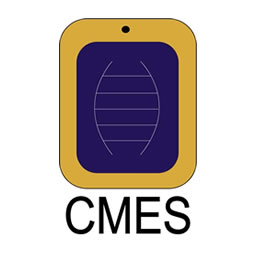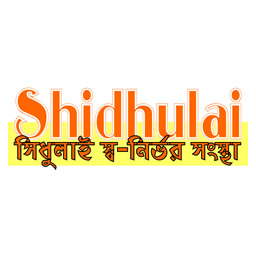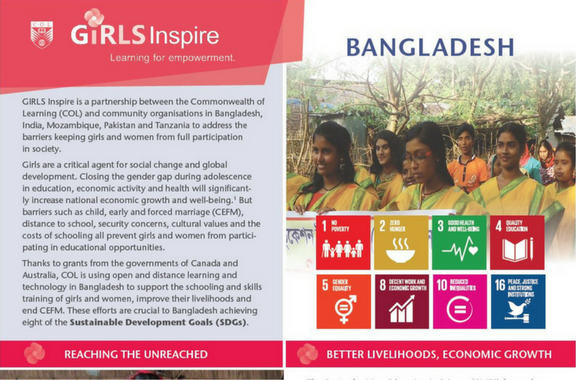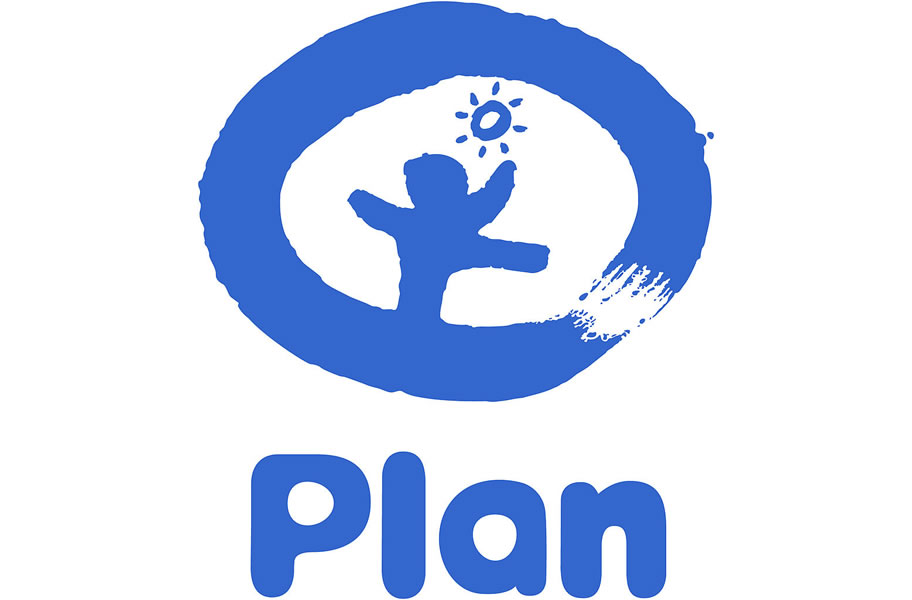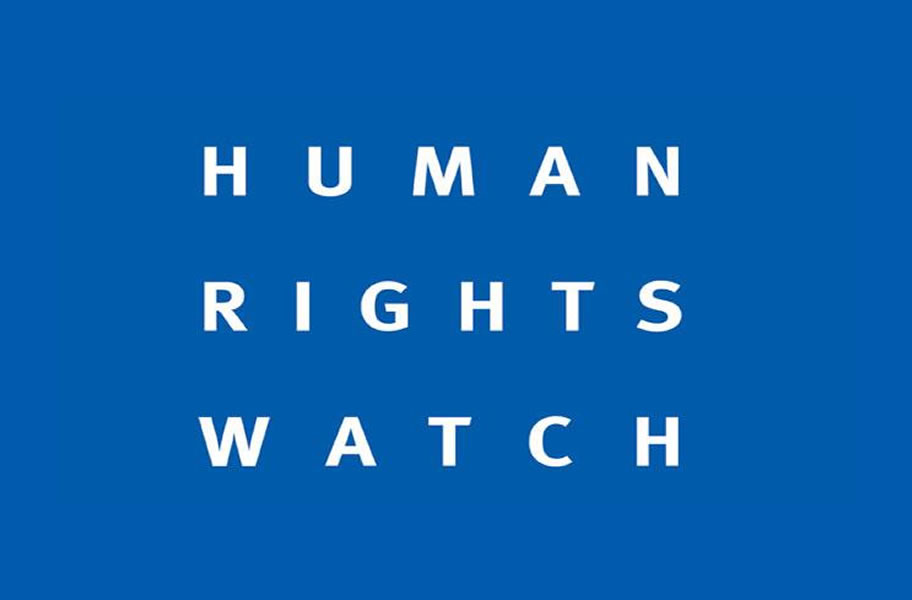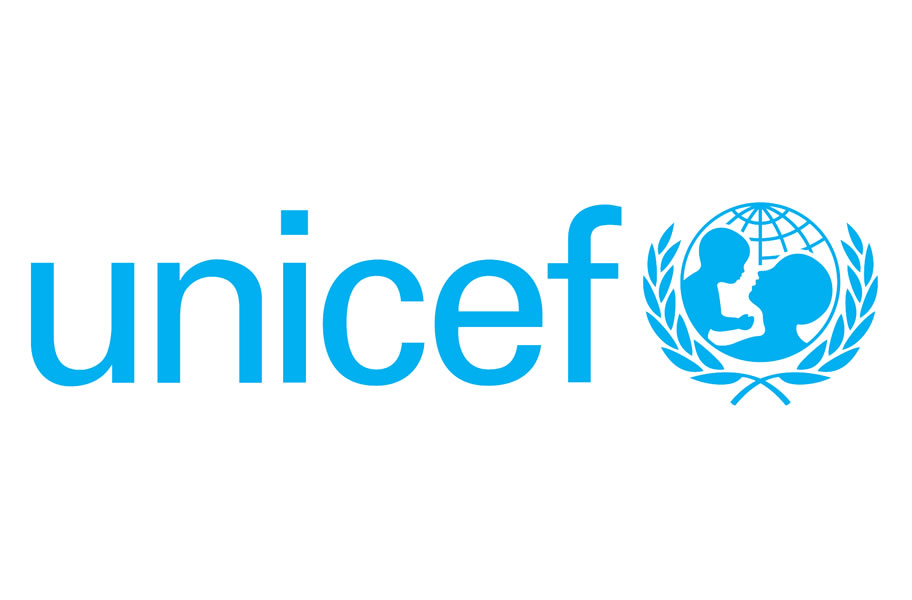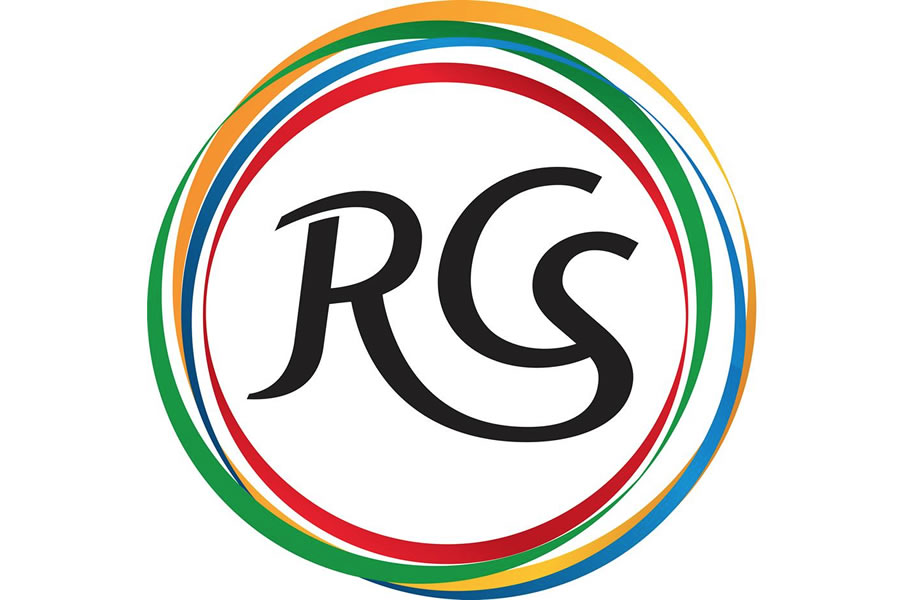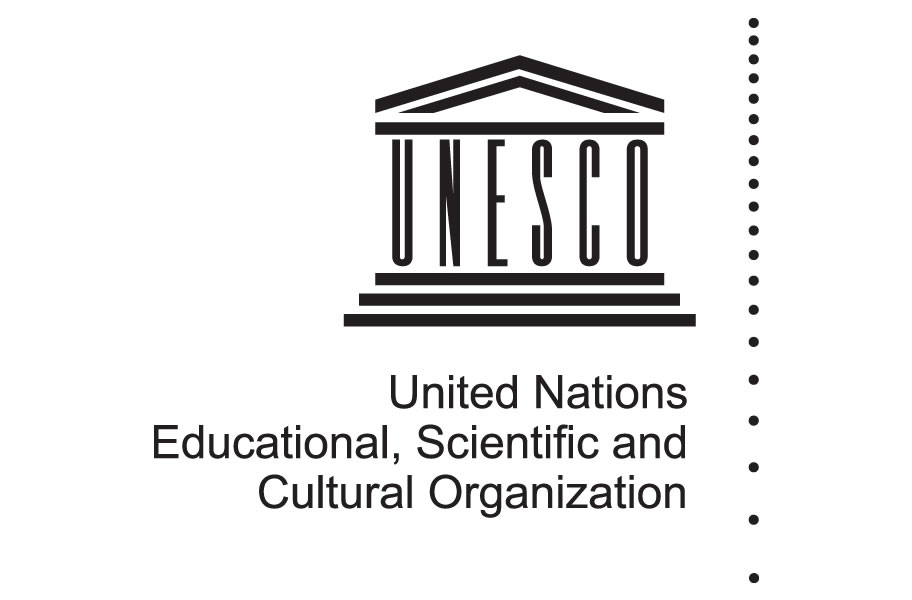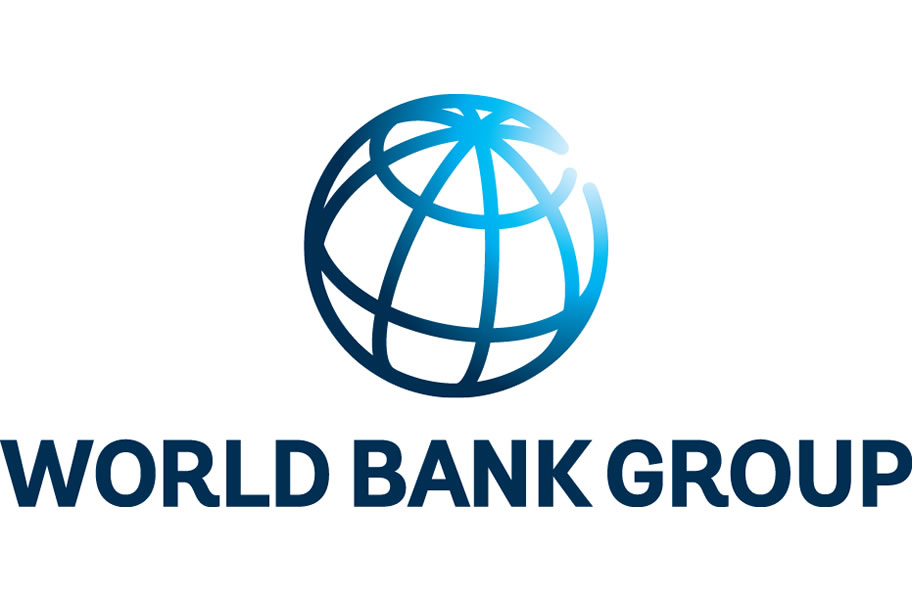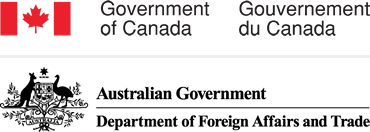The barriers girls face in Bangladesh
Bangladesh has one of the highest rates of child marriage worldwide and the highest rate of marriage involving girls under 15 years of age (UNICEF 2014). 65 per cent of girls are married by 18 years of age, and 29 per cent by 15 years of age.
Currently, the minimum legal age for marriage is 18 for women and 21 for men – as stated in the Child Marriage Restraint Act 1929. However, in Bangladesh, this is poorly enforced and the punishment of either imprisonment of up to one month and/or a fine up to 1,000 Taka (US$13) rarely acts as a deterrent (Human Rights Watch 2013).
Women and girls face discrimination and exclusion and have negligible influence in the family’s decision-making processes. Girls are often considered a burden, especially for poor households, where they are at risk of marriage at an early age, and where the practice of dowries is burdensome.
Estimates for the population ages over 11 years report female literacy at 35.6 per cent in the country (Ahmed et al, 2005). Specifically, the technical and vocational stream shows a significant gender disparity where less than one-fourth (22.9 per cent) of those enrolled were girls (Jahan, 2011).
Bangladesh’s socio-cultural environment contains pervasive gender discrimination, so girls and women face many obstacles to their development. Maternal mortality rates also remain extremely high. Poor maternal health is the result of early marriage, women’s malnutrition, a lack of access to and use of medical services and a lack of knowledge and information.

Girls Inspire in Bangladesh
GIRLS Inspire works with girls and women living in flood-prone areas and in districts with high prevalence of child marriage in the country to protect their rights and prevent child, early and forced marriage.
In Bangladesh, the collaboration between the Commonwealth of Learning (COL), the Centre for Mass Education in Science (CMES) and Shidhulai Swanirvar Sangstha (SSS) works to strengthen its own organisations, raise awareness within communities about the barriers to girls’ empowerment and provide learning opportunities in order to empower those who are currently married (victims of child marriage) and those at risk of early marriage.
The focus of the Centre for Mass Education in Science will be on 16 districts with high prevalence of early marriage – namely Tangail, Gazipur, Chittagong, Sirajgonj, Rangpur, Dinajpur, Rajshahi, Patuakhali, Jalakati, Barguna, Chapai Nawabganj, Kurigram, Jamalpur, Sherpur, Sylhet, Mymensingh.
CMES works with adolescents and youth to empower them economically and socially through skills development. Their Adolescent Girls’ Program (AGP) works to provide gender sessions in the community to raise awareness on the challenges that girls face and to provide links to skills training and employment opportunities.
Shidhulai Swanirvar Sangstha brings learning to the doorsteps of families, girls and women living in communities affected by flooding in Northwestern Bangladesh. In these communities, road access is very limited and boats are the only means of transport. Villages have no electricity, no telephone lines and with limited information and education access. As they are situated in low-lying areas, their villages get flooded in the monsoon season. In addition, climate change has increased flooding and river erosion. The work of SSS is focused on overcoming these challenges by mobilising a fleet of floating boat schools and libraries to deliver skills training for girls and events to raise awareness about the harmful cycle of child marriage within the communities.
Outcomes
Outcome 1
Institutions improve institutional capacity to design and deliver quality gender sensitive skills-oriented learning programs for girls and women and increase their technical skills to leverage open and distance learning (ODL) which address the barriers girls and women experience, among local partners.
Outcome 2
Communities increase awareness on the benefits of girls’ education, and the use of open, distance, and technology-based education and training, among parents and community leaders, as well as increased awareness of the negative consequences of child, early and forced marriage (CEFM) on development.
Outcome 3
Girls increase their knowledge about their health and social rights and the negative consequences of child, early and forced marriage (CEFM), gain skills that are locally relevant and validated by the labour market, and have aspirations for employment.






